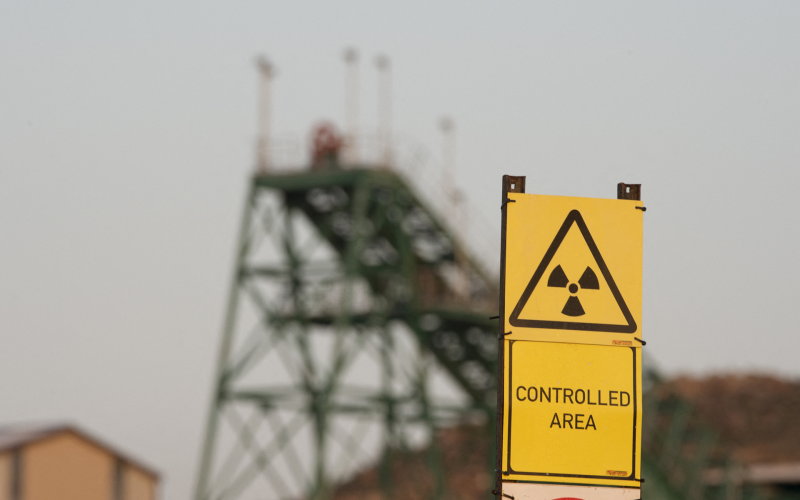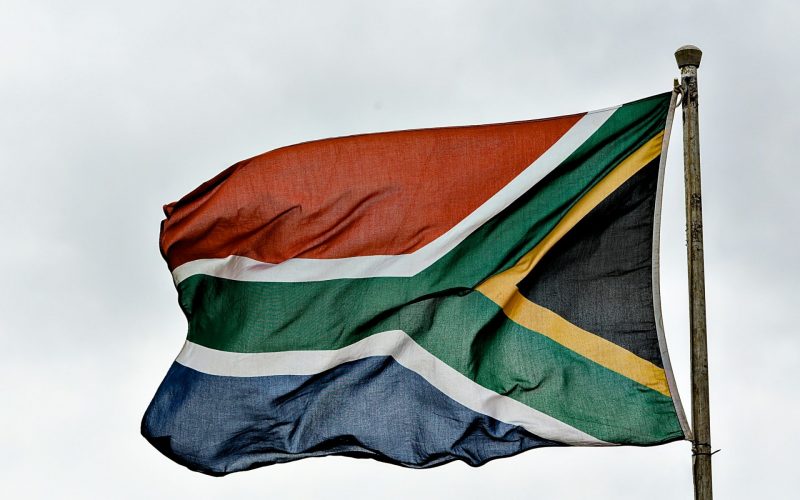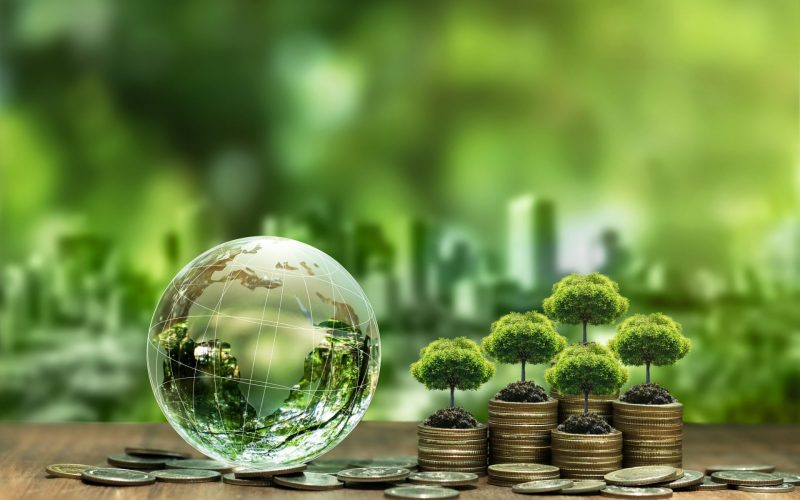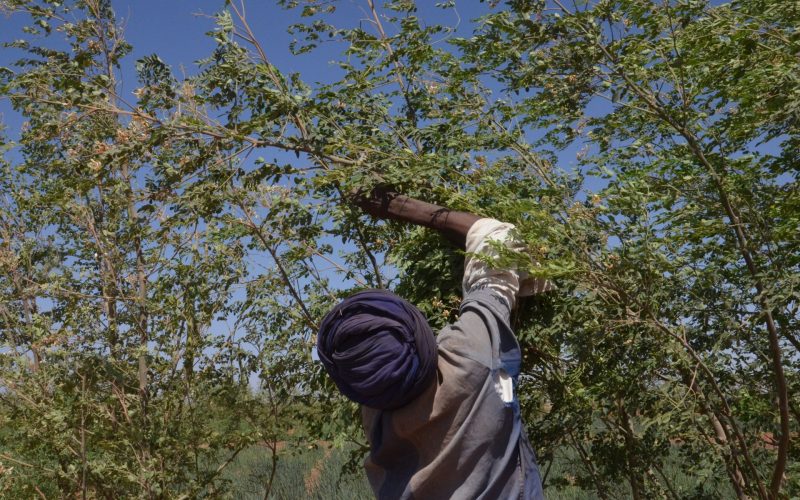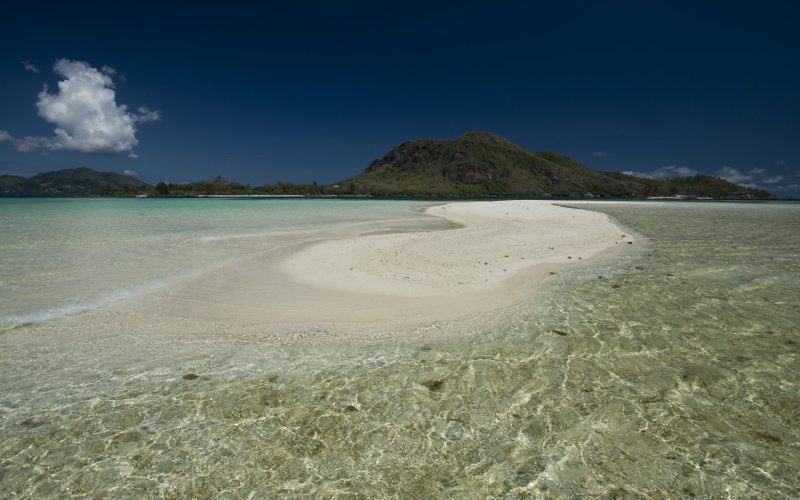Recommendations:
Four pivotal and integrated actions are needed to enable an inclusive digital economy and energy access for all, critical to building Africa’s resilience to climate change and pandemics:
- Multi-lateral financial institutions should invest in decentralised, green energy solutions, with deep penetration across Africa, to equalise access to reliable and affordable energy services that are sufficient to enable an inclusive, digital economy.
- African policy stakeholders should incentivise enhanced access, subsidise high speed internet services and increased broadband, and incentivise cost reductions through scalable corporate partnerships. European policy stakeholders should support the establishment of an enabling policy, regulatory and financial environment, in parallel with deep investments in developing skills for increased employment.
- African and European policymakers should promote a package of solutions rather than one technological approach to coherently address energy and digital poverty. Mainstream information and communications technology skills development in curricula, adult education and development programmes to ensure all users understand the application of smart grids and off-grid energy solutions.
- African policymakers should advance employment for youth and promote enterprise development through an accessible digital economy that is powered by smart grids and internet access. Pilot e-commerce through existing businesses in vulnerable communities, e-health through existing practitioners’ networks and increase digital financial services, in line with the sanitary measures for conducting business such as the use of cashless and remote payment methods.
Executive summary
Unrestricted access to the digital economy is a critical value-added energy service and will help build resilience to the multiple crises the world is experiencing today. The socioeconomic crisis arising from the COVID-19 global health pandemic has brought existing vulnerabilities to various crises and shocks of the African continent, and the underlying factors that drive these, into uncomfortably sharp focus. High levels of vulnerability – or low levels of resilience – are concomitant with low access to critical energy services. Central among these is the digital economy, which allows access to socially distanced, and thus safer, socio-economic activity. An inclusive digital economy is, by necessity, underpinned by decentralised energy solutions that are central to socio-economic resilience and are in line with the AU-EU partnership objectives. Cooperative decision-making by AU-EU policymakers should be predicated on achieving open and inclusive access to the digital economy across Africa. The pathways for accelerating inclusive access to all critical energy services must make these affordable, predictable and reliable, thus enabling enhanced quality of life and supporting livelihoods across the continent.
Introduction
The COVID-19 pandemic has led to the biggest socio-economic crisis since the Great Depression of the 1930s and it has brought the existing vulnerabilities of the African continent into uncomfortably sharp focus. It has taken a debilitating global health pandemic to highlight the extent to which socio-economic inequalities render African population groups incapable of effectively responding to current global crises, specifically this historic health crisis and the crisis of climate change. As a prominent South African economist stated, ‘It is ironic that it is not the working of the economy, but rather the shutting down of the economy, that has most starkly exposed our unequal world’.1Imraan Valodia, ‘A new, fairer economy is possible, but that would mean sacrifice,’ News24, May 10, 2020, https://www.news24.com/news24/analysis/imraan-valodia-a-new-fairer-economy-is-possible-but-that-would-mean-sacrifice-20200507.
This has made visible the underlying and often invisible factors that drive the low resilience of Africa to various crises. Central to this is access to energy and the digital economy – it is impossible to access the digital economy without adequate and reliable access to energy. As underscored by COVID-19-driven lockdowns, it is equally impossible to ensure adequate social functioning when self-isolating without access to the digital economy. Those that cannot access online banking wait in long queues to receive government grants, those that cannot shop online are compelled to enter highly vulnerable retail facilities, and those without access to digital health (the use of information and communication technology (ICT) for health applications) cannot benefit from the critical benefits that digital health can provide. This, and the accompanying lack of access to online education, locates access to the digital economy as a human right.2Okushayo Olu, et al, ‘How Can Digital Health Technologies Contribute to Sustainable Attainment of Universal Health Coverage in Africa? A Perspective’, Front. Public Health 7, no. 341 (2019): 1-7.Access to the internet remains out of reach for most of Africa’s populations. In 2017, only 22% were reported as having access3World Bank, ‘A Digital Strategy for Africa’, The Digital Economy for Africa Initiative, https://www.worldbank.org/en/programs/allafrica-digital-transformation., highlighting the importance of Sustainable Development Goal (SDG) 9.c: ‘significantly increase access to ICT and strive to provide universal and affordable access to the internet in least developed countries by 2020’.4UN General Assembly, Resolution 70/1, Transforming our world: The 2030 agenda for sustainable development, A/RES/70/1 (Oct. 21,2015): 22, https://www.un.org/ga/search/view_doc.asp?symbol=A/RES/70/1&Lang=E.
In 2020, this objective is far from being realised which has a severe impact on education, health and livelihoods. For most low-skill workers the various forms of lockdown have meant a dramatic fall or complete loss of income. Those that cannot sell online face one of two choices: to break the regulations and health protocols to engage customers face-toface, or let their businesses and livelihoods die. The trade-off decision is an obvious one to make, but it brings dire and unfair consequences.
In early 2020, the Communication from the EU Commission highlighted that the year would be ‘pivotal’ for the African-European partnership and that ‘new prospects and challenges [were] emerging from economic, political, social, technological, demographic, climate and environmental changes’.5European Commission, Joint Communication to the European Parliament and the Council: Towards a comprehensive Strategy with Africa, JOIN (2020) 4 (Brussels: European Commission, 2020), https://op.europa.eu/en/publication-detail/-/publication/55817dfb-61eb-11ea-b735-01aa75ed71a1/language-en.This could not have been more prescient. Cooperative decision-making among AU-EU policymakers should be predicated on achieving open access to the digital economy for all of Africa’s populations. This is central to both the sustainable post-COVID-19 crisis recovery, and to building resilience to climate change.
In the coming year, the global health community is likely to gain control over the disease through wide-scale vaccinations and treatment. The economies of the EU and the US, with their close to universal access to energy and the internet, will ensure that their socioeconomic recovery will be faster and easier than in developing regions. This inherent resilience is almost totally devoid across Africa.
In responding to COVID-19, policymakers must therefore make inclusive, people-centred choices that promote sustainable development. There will always be competing development priorities and the post COVID-19 recovery interventions will most definitely increase competition for financial and human resources. The key question in making these difficult choices is: what is the best way to ‘build back better’ to ensure that Africa does not default to business as usual?
Access to the digital economy is one of the most important value-added energy services of our time, noting that energy services6Michael James Fell, ‘Energy Services: A Conceptual Review’, Energy Research & Social Science 27 (2017): 129-40.are understood as the benefits or services provided by the energy itself (electricity, fire, solar or nuclear energy). This is not to say that digital access supersedes or replaces other energy uses, but rather, that a package of energy services is sufficient only if it enhances the user’s predictable access to information and connectedness.7Ben Shenglin, et al., ‘Digital infrastructure: Overcoming the Digital Divide in Emerging Economies,’ G20 Insights, (2017), https://www.g20-insights.org/wp-content/uploads/2017/05/Digital_Overcoming-Digital-Divide-II.pdfMoreover, such an immediate investment to hasten the socio-economic recovery from COVID-19 will build longer term resilience to other future pandemics as well as to the fast-looming global climate change crisis. This brief elaborates two integrative pathways and recommendations for accelerating inclusive, affordable and reliable energy services access.
Position the inclusive digital economy as a high value energy service
The primary enabler of a digital economy is access to energy, as discussed in the EU Strategy with Africa. Greater equality of energy access is essential to unlocking the digital economy and internet connectedness and is a critical energy service alongside cooking, heating, lighting, media services and refrigeration. Access to reliable energy supply is, however, only the first step towards both immediate economic recovery and transformation towards an inclusive digital economy.
Stimulating Africa-wide access to energy services raises critical questions around the nature of the energy resource harnessed to provide these services. This is for two key reasons:
- There is a need for energy to become decarbonised globally to slow the pace of climate change, in order to mitigate a further global crisis.
- Very low energy access in Africa, primarily due to centralised electricity solutions, are unable to deliver reliable and affordable access to all, and decentralised solutions are under-incentivised by national governments.
Both point toward the same solution: decentralised renewable and low-carbon energy solutions are critical to increasing Africa’s energy access. With the exception of South Africa, the national electricity grids of African countries fall woefully short of reaching country populations. While the access rates vary from country to country, a recently released World Bank report shows that on average, sub-Saharan Africa’s current access rate is 43% – almost half of the global average access rate of 87%8Moussa Blimpo and Malcolm Cosgrove-Davies, “Electricity Access in Sub-Saharan Africa: Uptake, Reliability, and Complementary Factors for Economic Impact” (Africa Development Forum series, World Bank, Washington, DC, 2020).– and presumably skewed by much greater energy access in South Africa. The same report cautions that low rates of access will continue as Africa’s population growth, the highest in the world, booms.
Even South Africa, with 75% of its households having grid connectivity, is unable to deliver reliable or affordable access for all its citizens. Maintenance and generation capacity problems have resulted in multiple and costly power outages, while low income households using their free basic electricity grant to fund access to grid electricity generally cannot pay for this beyond the seventh day of the month, which is when the grant typically runs out.9OneWorld, Elaboration of a “Sustainable Low-Income Energy Services” Study to the Benefit of the City of Cape Town. Final Report: Options and Recommendations, (Cape Town: 2020).This effectively prevents them from accessing key digital services that support resilience such as education, health, banking and retail.
Globally, decarbonised development increasingly hinges on increased and accelerated utilisation of renewable energy technologies, which are also well placed to deliver decentralised energy solutions in Africa. Renewable energy is fast becoming the more affordable of energy resources, relative to coal, gas, nuclear and hydropower.
The EU’s Green New Deal, and its Circular Economy Action Plan for a cleaner and more competitive Europe10European Commission, Circular Economy Action Plan: For a cleaner and more competitive Europe (Brussels: European Commission, 2020).,emphasise the importance of the partnership with Africa to maximise the benefits of the green transition. This partnership must be designed to take Africa’s energy access to at least the global average level, and to do so through decentralised solutions that are widely affordable and accessible, while also contributing to a low carbon future.
In the post-pandemic transformation and recovery plan for Africa, the partnership should clearly define continental energy service needs to ensure that energy service packages are sufficient and inclusive of all energy needs, at affordable levels, and throughout the household income and expenditure cycle.11OneWorld, Elaboration of a “Sustainable Low-Income”.This aspect of the partnership should also focus on all the enabling factors required for success, including the parallel and comprehensive implementation of energy efficiency measures, tariff incentivised time of energy use, and the wide application of smart meters. All are fundamental to driving an accelerated green energy transition to accessing the digital economy. An AU-EU partnership for green energy, and energy access transition and digital transformation stands to make a sizeable contribution toward achieving the overall sustainable development goals of Agenda 2030, the AU Agenda 2063 and the Green New Deal.
Digitise Africa’s energy future
The digital economy is pivotal to accessing social services, maintaining social links, and conducting daily household transactions. The rapid global advances in ICT have significantly altered business practices, while also reshaping daily lives, making the internet one of the ‘most fundamental and vital’ services in the modern world.12Shenglin, et al., “Digital infrastructure”.But access to this service is highly unequal, with Africa lagging well behind developed and developing regions alike. North America enjoys the third highest internet distribution in the world with 88% of its population having access, compared to Africa where less than a third of the population has access.13World Bank, ‘Achieving Broadband Access for All in Africa Comes With a $100 Billion Price Tag,’ press release, October 17, 2020, https://www.worldbank.org/en/news/press-release/2019/10/17/achieving-broadband-access-for-all-in-africa-comes-with-a-100-billion-price-tag.While Africa had the fastest global growth in internet access between 2005 and 2018, largely because of the rapid growth of the mobile phone industry, it is widely recognised that there are substantial challenges that still need to be addressed before digital infrastructure and services can fully support Africa’s badly needed economic and employment growth. To achieve universal access to the internet, the continent needs to bring about 1.1 billion people online.14World Bank, ‘Achieving Broadband Access for All in Africa’.
In 2019, the Financial Times recommended that Africa’s governments and development finance institutions should look to India as a model for establishing the critical digital infrastructure and skills needed for participating meaningfully in the global digital transformation.15Aubrey Hruby, ‘Africa should look to India for digital inspiration – Governments must invest in infrastructure and skills,’ Financial Times, November 4, 2019, https://www.ft.com/content/5237edd3-2763-4ac7-a16a-8bec17b58167.It noted that Africa’s challenges (relative to India, where access to the digital economy is significantly advanced) include expensive data, low access to fixed line broadband, low levels of private sector participation in related technology environments or tech ecosystems, and inadequate skills for accelerating and participating in the digital transformation. Eliminating socio-economic divides is contingent on increased investments in high speed internet technology hubs with advanced broadband, digital skills, and public private partnerships.16Hruby, “Africa should look to India”.
As is the case with recovery from the climate crisis and other disasters that regularly plague Africa, the recovery from COVID-19 is likely to take much longer than in countries with open and inclusive digital economies such as the US, India and Europe. For the vast majority of learners across Africa who have not been able to access digital education, 2020 will be a wasted year, increasing the costs of their education in replacing this time and increasing their time outside of the workforce, with concomitant pressure on their families who support them financially.
Inclusive digital energy services yield win-win outcomes for global health and climate resilience
Arising from the AU-EU partnership, supporting the transition to decentralised renewable and low-carbon energy solutions, that enable digital energy services, could target multiple outcomes, with high impact. Enabling reliable, affordable and sufficient energy services will unlock the digital economy with potentially massive co-benefits for human health and climate resilience alike. Lack of energy access significantly undermines adaptive capacities for climate change, prohibiting learners from studying at night and thus limiting their education, constraining access to information, and making streets and neighbourhoods unsafe, particularly for women.
The success of this approach pivots on achieving inclusion. The global health crisis has sharply highlighted critical socio-economic divides. Those with energy and digital access are far more resilient than those without. The current health crisis has potentially also widened the economic and energy gaps, necessitating accelerated and scaled up investments in targeted solutions that will bring substantial co-benefits for sustainable health and climate resilience through:
- improving and increasing inclusive access to energy services, thus increasing access to education, training and skills development, and healthcare, especially in remote areas;17High Representative of the Union for Foreign Affairs and Security Policy, “Joint Communication to the European Parliament”.
- equalising access to information by making services affordable and enhancing infrastructure to address the persistent gap in use of digital services among low income households and individuals, and between geographical areas;18OneWorld, Elaboration of a “Sustainable Low-Income”.
- accelerating economic inclusion – a 10% increase in internet penetration drives a 1.2% increase in GDP per head growth in emerging economies;
decreasing reliance on carbon intensive technology through increasing access to decentralised solutions that contribute to the green transition, and;
involving citizens in the solution and increasing democratic decision-making and accountability through socially inclusive processes.
This integrated approach to mainstreaming digitisation in Africa will both address immediate barriers to COVID-19 recovery and offer inclusive climate-resilient development opportunities through the low-carbon digital transformation of the continent.
Conclusion
The recommendations outlined in this briefing need to come together to ensure that those left-behind by the current health, humanitarian and fiscal crises are able to access energy services and the digital economy in the near future, enabling them to function in much safer health and hygiene conditions and with far greater resilience to global crises such as COVID-19 and climate change than they have today. There are substantial co-benefits for sustainable health and climate resilience to be realised in adopting this strategy, which is predicated on building Africa back better in the post COVID-19 recovery period. The AU-EU partnership should ensure that building lasting resilience is enabled by access to the digital economy. Access will be deep and wide because it is affordable, while social inclusion and enhanced social capital will be enabled through the digital economy, unlocking employment, business, education and health opportunities – for all. The post COVID-19 recovery, or building back better, should put an end to embarrassing and uncomfortable inequalities.
Acknowledgement
This policy briefing has been published as part of a series under the project Partnership for a Green Transition and Energy Access: Strategic priorities for Africa and Europe. The project is a partnership between SAIIA and the Konrad Adenauer Stiftung’s Regional Programme on Energy Security and Climate Change in Sub-Saharan Africa.



